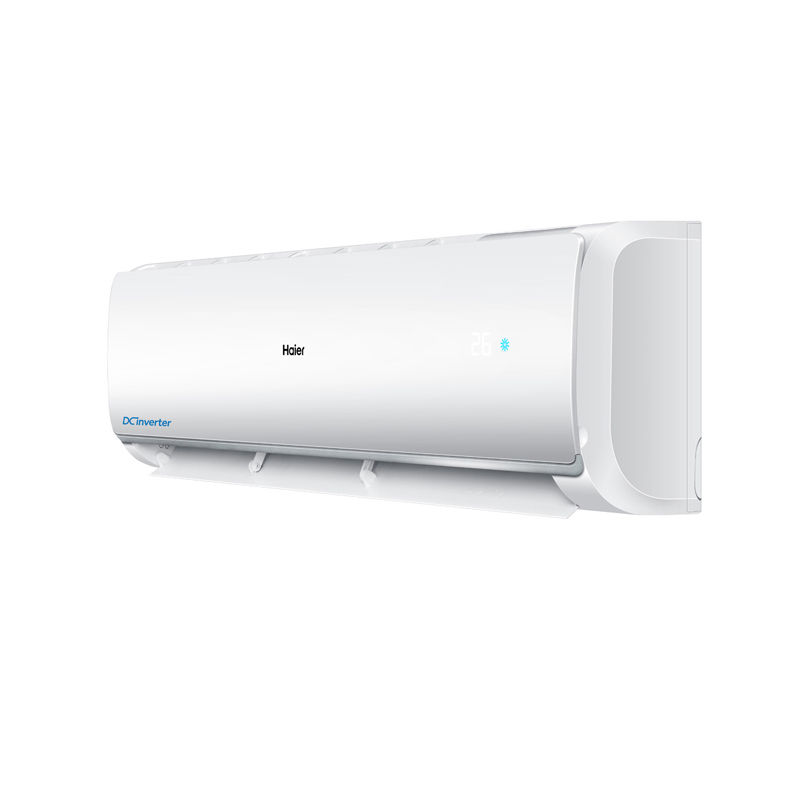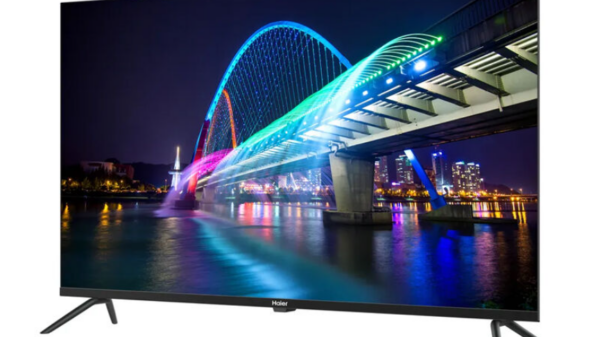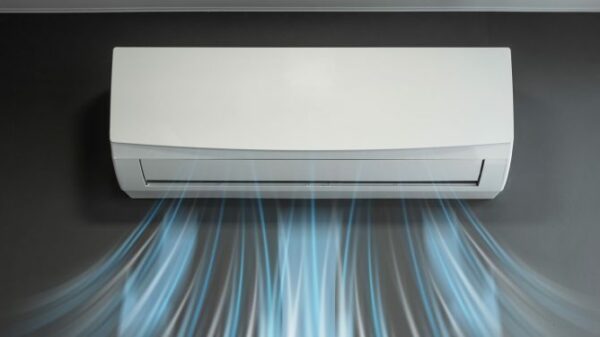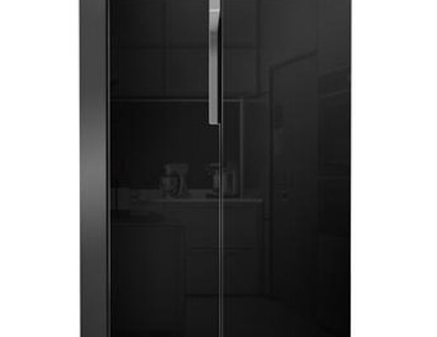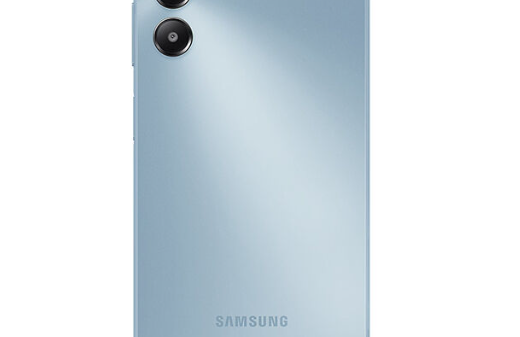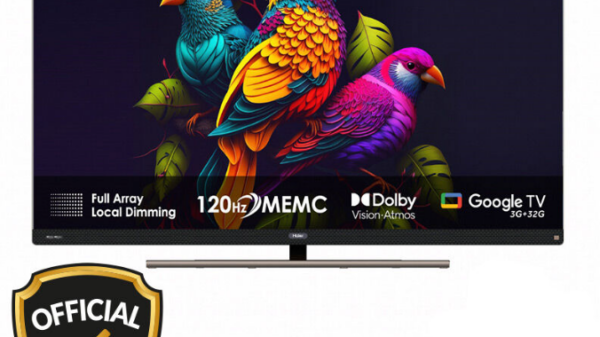Air conditioners are a staple in modern homes, providing relief from scorching summers. With technological advancements, there are now different types of air conditioners available in the market. Two popular options are inverter AC and non-inverter AC.
Both have their pros and cons, and it can be challenging to choose the right one. In this article on Pickaboo, you will see the difference between inverter AC and non-inverter AC so that you can make an informed decision. So, let’s dive in and discover which type of AC better suits your needs.
-
Energy efficiency
The main difference between inverter AC and non-inverter AC is the compressor technology used. Inverter ACs use a variable-speed compressor that can adjust its speed according to the cooling demand, whereas non-inverter ACs have a fixed-speed compressor. This means that inverter ACs consume less energy as the compressor runs at a low speed when the desired temperature is reached, resulting in less frequent and shorter cycles.
On the other hand, non-inverter ACs constantly switch on and off, consuming more energy. Inverter ACs can save up to 30-50% more energy than non-inverter ACs, making them more energy-efficient and cost-effective in the long run.
-
Temperature control
In terms of temperature control, inverter ACs are known to provide more precise and consistent cooling compared to non-inverter ACs. This is because the variable speed compressor in inverter ACs can adjust its speed to maintain a steady temperature, while non-inverter ACs can only turn on or off, resulting in temperature fluctuations.
This makes inverter ACs ideal for maintaining a comfortable and consistent indoor temperature. Additionally, inverter ACs have a wider range of temperature control, making them suitable for use in different weather conditions. Non-inverter ACs, on the other hand, have a limited temperature control range, which may not be suitable for extreme weather conditions.
-
Lifespan
The lifespan of an air conditioner depends on various factors such as usage, maintenance, and quality. However, in general, inverter ACs tend to have a longer lifespan than non-inverter ACs. This is because the variable speed compressor in inverter ACs operates smoothly, resulting in less wear and tear.
On the other hand, the constant on-off cycles of non-inverter ACs can put more strain on the compressor, reducing its lifespan. As a result, inverter ACs may require fewer repairs and replacements, making them a more durable and long-lasting option. This can also save you money in the long run as you won’t have to replace your AC frequently.
-
Initial costs
One of the main differences between inverter ACs and non-inverter ACs is the initial cost. Inverter ACs tend to be more expensive than non-inverter ACs. This is because they use advanced technology and have additional components such as the variable speed compressor. However, the higher upfront cost of inverter ACs can be balanced out by the energy savings in the long run.
Non-inverter ACs, on the other hand, have a lower initial cost but may result in higher electricity bills. Additionally, inverter ACs also come with a higher star rating, indicating their energy efficiency, while non-inverter ACs may have a lower star rating. Therefore, it is important to consider both initial costs and long-term savings when choosing between inverter ACs and non-inverter ACs.
-
Impact on the environment
Another significant difference between inverter ACs and non-inverter ACs is their impact on the environment. Inverter ACs are considered more environmentally friendly as they consume less energy and produce lower carbon emissions compared to non-inverter ACs. They also use a non-ozone-depleting refrigerant, making them a greener option. Non-inverter ACs may contribute to higher energy consumption and carbon emissions, which can harm the environment.
Therefore, if you are looking for an air conditioner with a lower environmental impact, an inverter AC may be a better choice. However, it is important to note that both types of ACs still have an impact on the environment and proper disposal is crucial to minimize their environmental impact.
-
Size of the space
The size of the space is an important factor to consider when choosing between an inverter AC and a non-inverter AC. Inverter ACs are more suitable for larger spaces, as they have a wider cooling capacity and can maintain a consistent temperature throughout the room.
On the other hand, non-inverter ACs are more suitable for smaller spaces, as they have a limited cooling capacity and may struggle to maintain a comfortable temperature in a larger area. Therefore, it is important to consider the size of the space before making a decision on which type of AC to purchase.
Conclusion
Inverter ACs and non-inverter ACs have some key differences that can impact your decision when choosing an air conditioner. Inverter ACs are known for their energy efficiency, temperature control, longer lifespan, and environmental-friendliness, making them a more desirable option for many households.
However, non-inverter ACs may still be a suitable choice for those on a tight budget. Ultimately, the decision between these two types of ACs will depend on your specific needs and budget. Consult with a professional and consider your priorities to make the best decision for your home and the environment.

